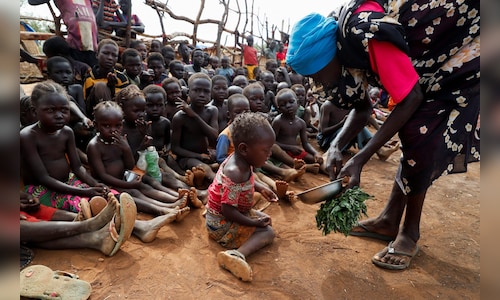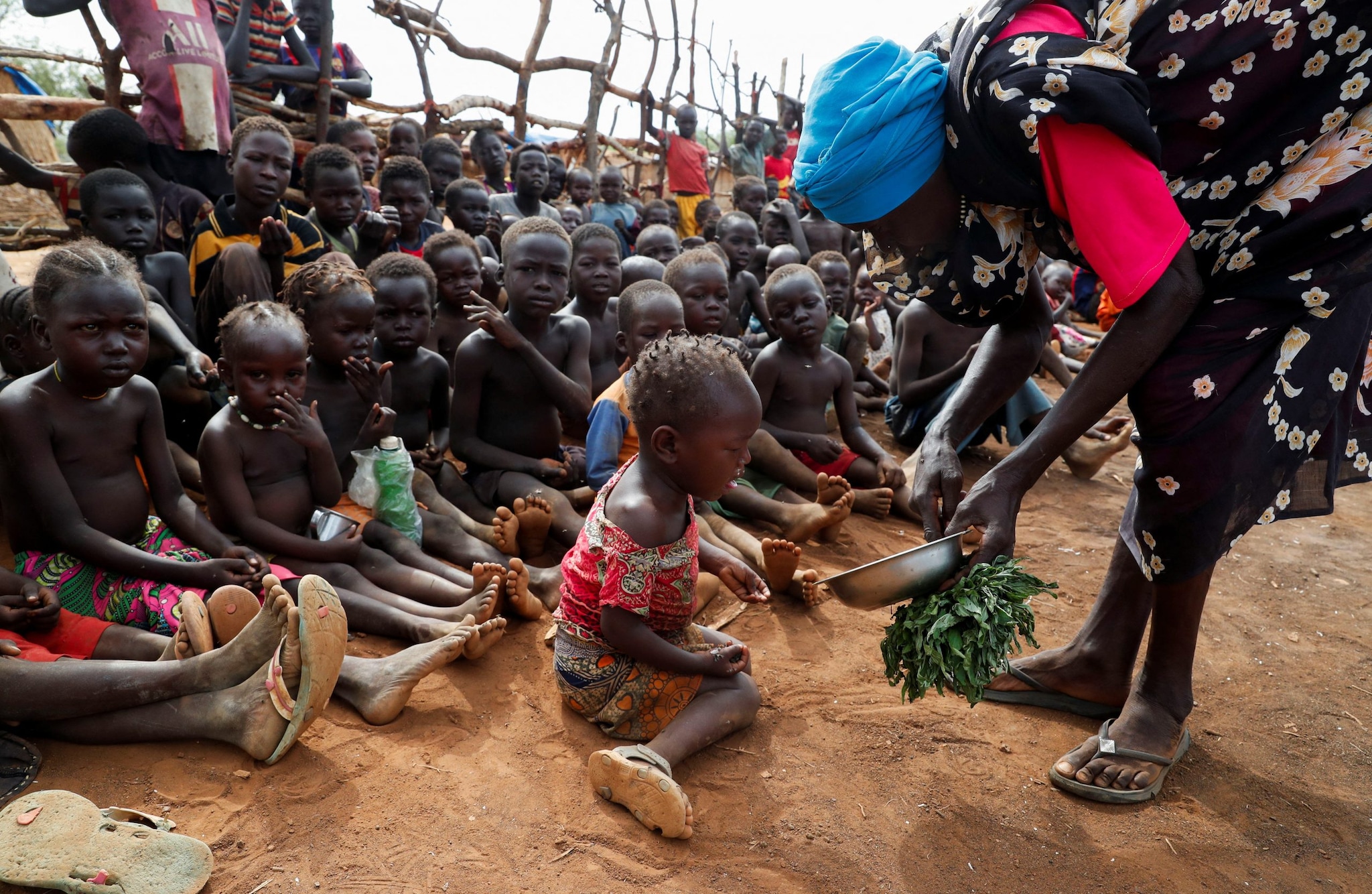

The siege and “the relentless fighting are devastating lives every day on a massive scale,” UN High Commissioner for Human Rights Volker Türk said in a statement.
“This alarming situation cannot continue. The Rapid Support Forces must end this horrible siege.”
The UN rights office said it had documented the deaths of at least 782 civilians and more than 1,143 injured since May, citing evidence based partly on interviews of those who had fled the area. It said the casualties came amid regular and intensive shelling by the RSF of densely populated residential areas as well as recurrent airstrikes by the Sudanese Armed Forces.
Such attacks on civilians may amount to war crimes, the U.N. human rights office said. Both sides have repeatedly denied deliberately attacking civilians and have accused each other of doing so in al-Fashir and its surroundings.
Sudan’s army and the RSF have been locked in conflict for more than 18 months, triggering a profound humanitarian crisis in which more than 12 million people have been driven from their homes and U.N. agencies have struggled to deliver relief.
Al-Fashir is one of the most active frontlines between the RSF and the Sudanese army and its allies, which are fighting to maintain a last foothold in the Darfur region. Observers fear that an RSF victory there could bring ethnic retribution, as happened in West Darfur last year.
Earlier this month the RSF attacked the main hospital, killing at least nine people, locals said.
Nearby Zamzam camp, where experts say a famine is occurring among a population of more than half a million people, has also come under RSF artillery fire over the last two weeks, forcing thousands to leave the camp.
ALSO READ: US hostage negotiator and diplomats visit Syria in a first since Assad ouster



